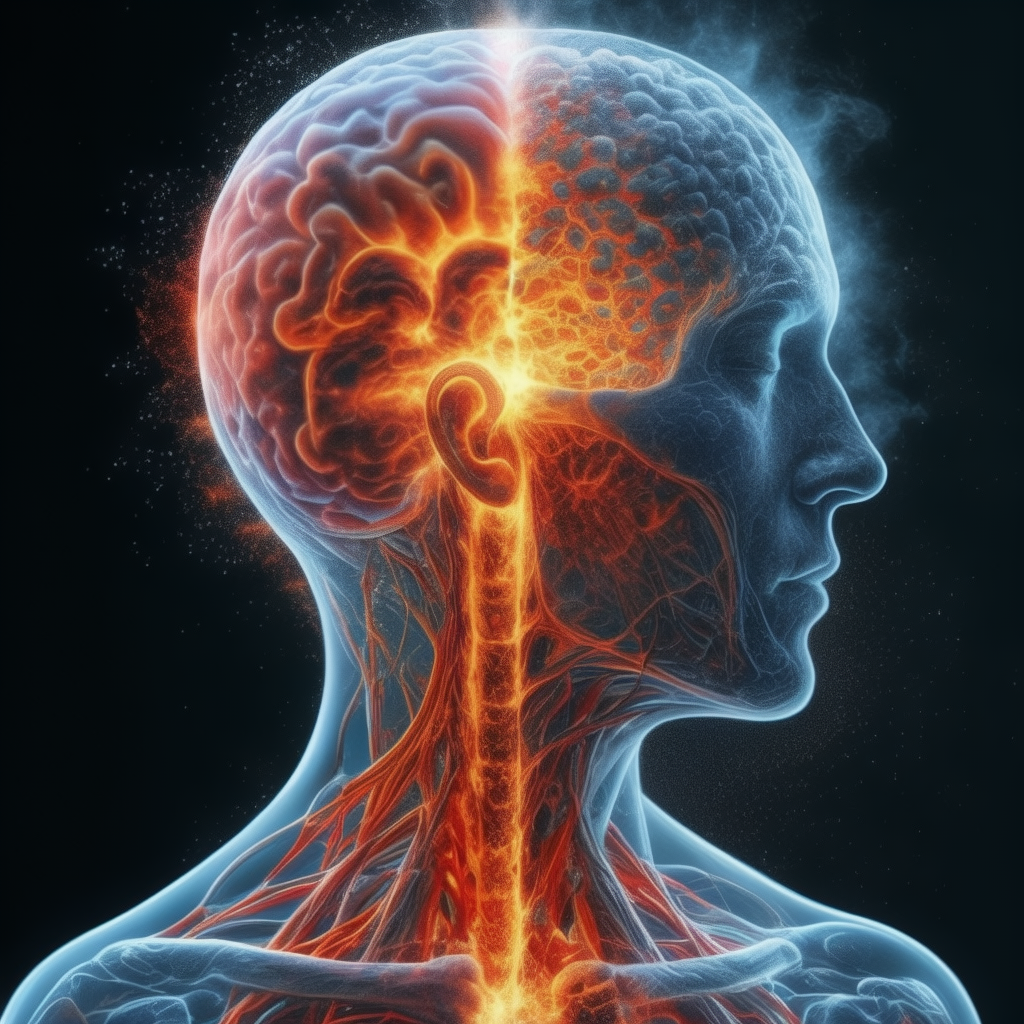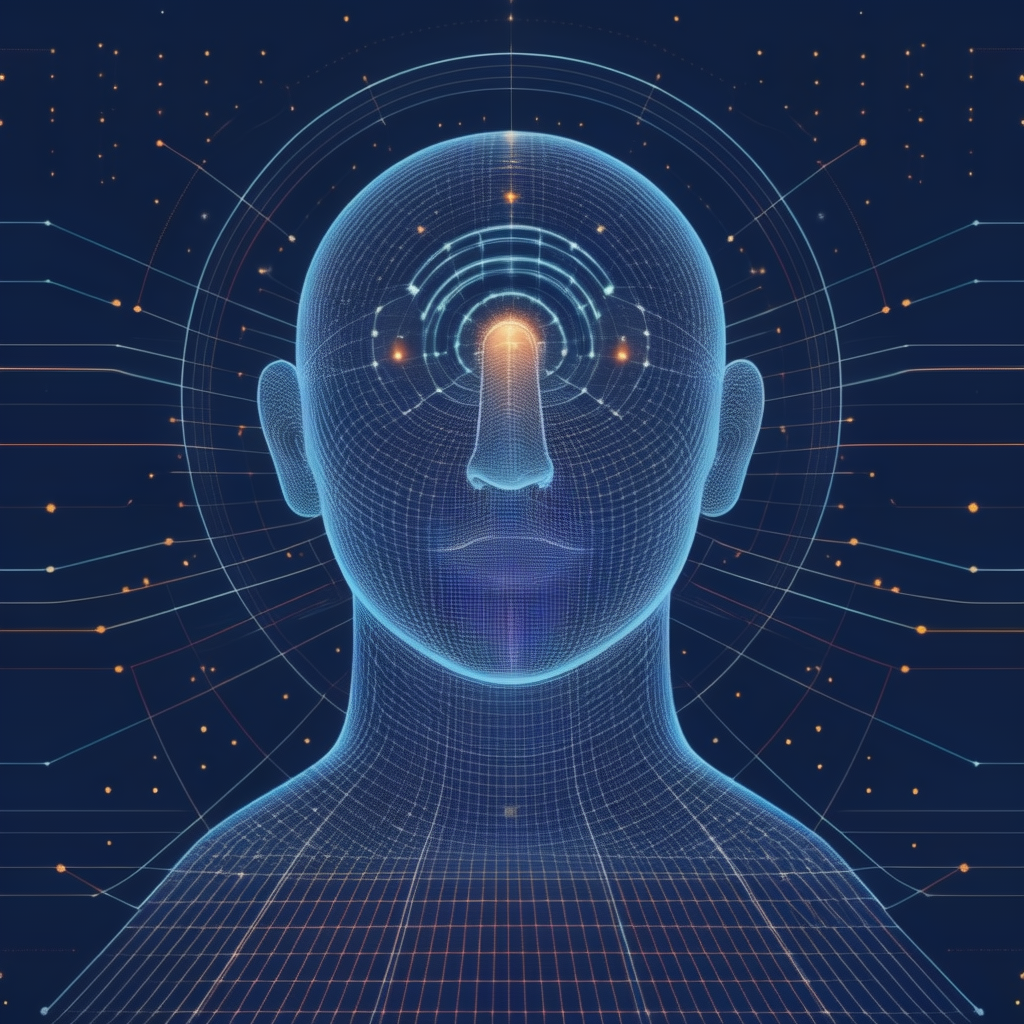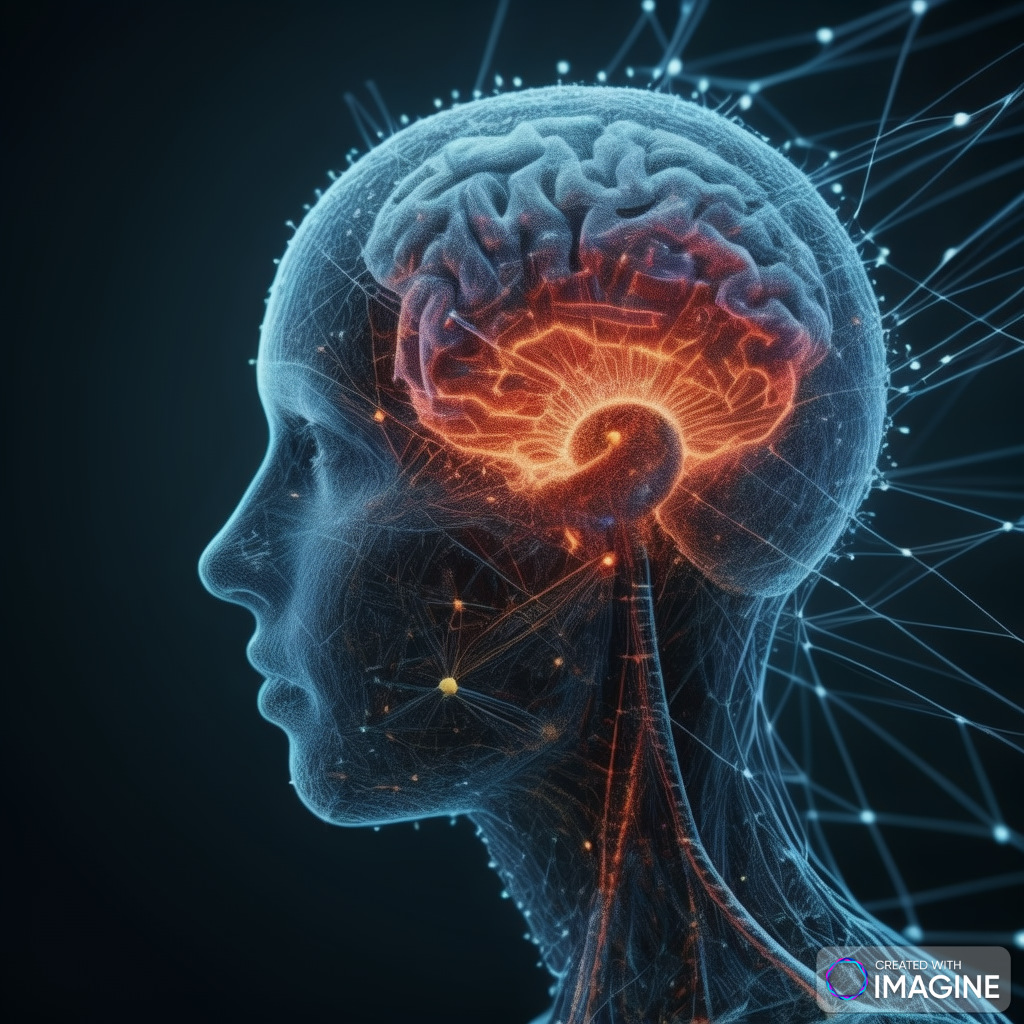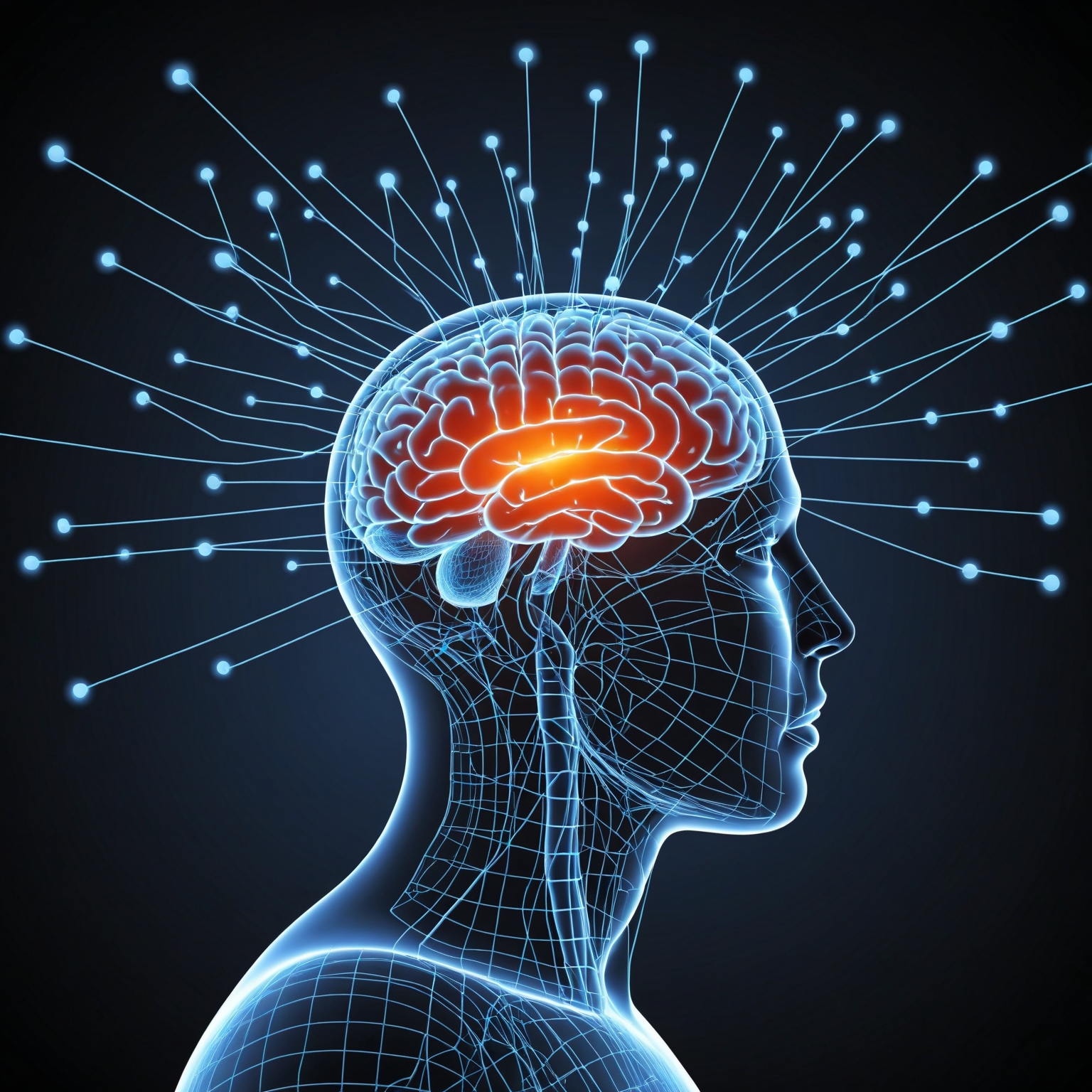Unleashing the Full Potential of the Brain: A Journey Towards Limitless Cognitive Enhancement
The human brain, a marvel of evolution, holds the potential for infinite growth and enhancement. The journey to constantly improve our brain’s ability to think logically, analytically, rationally, critically, and to enhance cognitive processing speed is both fascinating and attainable. This comprehensive exploration delves into various perspectives—from evolution and genetics to medicine, yoga, spirituality, environment, learning abilities/disabilities, neuroscience, and psychology—to understand how we can push the boundaries of our cognitive capabilities.
The Evolutionary Perspective
1. The Evolution of Intelligence: The human brain has evolved over millions of years, developing complex structures that support advanced cognitive functions. This evolutionary process has been driven by natural selection, where individuals with better problem-solving abilities and adaptability were more likely to survive and reproduce.
2. Brain Plasticity: Neuroplasticity, the brain’s ability to reorganize itself by forming new neural connections, is a cornerstone of cognitive enhancement. This plasticity allows us to continually learn and adapt, highlighting the brain’s capacity for constant improvement.
. Evolutionary Mismatches: In the modern world, some argue that our cognitive systems face “evolutionary mismatches,” where the environment changes faster than our brains can evolve. Understanding these mismatches can help us create better environments for cognitive development and adaptation.
Genetic Influences
1. Genetic Predisposition: Genes play a significant role in determining cognitive abilities. Research has identified specific genes associated with intelligence, memory, and learning. However, genetics is not destiny; environmental factors and personal experiences can significantly influence cognitive development.
2. Epigenetics: Epigenetic mechanisms, where gene expression is modified by environmental influences without changing the DNA sequence, offer insights into how lifestyle and environment can enhance cognitive functions. Factors such as diet, stress, and exercise can activate or suppress genes related to brain function.
3. Genetic Engineering: With advances in genetic engineering and CRISPR technology, there is potential to modify genes associated with cognitive abilities. This controversial area raises ethical questions but also promises groundbreaking advancements in enhancing human intelligence.
Medical and Neuroscientific Perspectives
1. Cognitive Enhancers: Medications such as nootropics can enhance cognitive functions like memory, focus, and mental clarity. While their efficacy and safety vary, ongoing research aims to develop more effective and safer cognitive enhancers.
2. Brain Stimulation Techniques: Technologies like transcranial magnetic stimulation (TMS) and transcranial direct current stimulation (tDCS) can non-invasively stimulate brain regions, potentially enhancing cognitive abilities and treating disorders like depression and anxiety.
3. Nutrition and Brain Health: A diet rich in omega-3 fatty acids, antioxidants, and other nutrients supports brain health and cognitive function. Nutritional supplements like vitamin D, B vitamins, and magnesium also play a role in maintaining optimal brain function.
. Neurogenesis: The process of generating new neurons, particularly in the hippocampus, a region associated with memory, can be stimulated through physical exercise, learning, and certain dietary practices.
5. Personalized Medicine: Advances in personalized medicine allow for tailored approaches to cognitive enhancement, considering an individual’s genetic makeup, lifestyle, and specific needs.
Yoga and Spirituality
1. Mindfulness and Meditation: Practices such as mindfulness and meditation have been shown to improve attention, memory, and emotional regulation. These practices enhance brain plasticity, increase grey matter, and improve connectivity between brain regions.
2. Yoga: Yoga combines physical postures, breathing exercises, and meditation to promote mental clarity, reduce stress, and enhance overall cognitive function. Regular practice can lead to improved focus, memory, and emotional stability.
3. Spiritual Practices: Engaging in spiritual practices and rituals can provide a sense of purpose, reduce stress, and enhance mental well-being, all of which contribute to cognitive health.
4. Breath Control: Pranayama, the practice of breath control in yoga, has been shown to improve concentration, reduce anxiety, and enhance overall cognitive function by increasing oxygen flow to the brain.
Environmental Influences
1. Stimulating Environments: An intellectually stimulating environment with access to books, puzzles, and engaging conversations promotes cognitive development. Exposure to diverse experiences and challenges enhances problem-solving skills and adaptability.
2. Social Interaction: Social engagement is crucial for maintaining cognitive health. Interacting with others stimulates the brain, improves memory, and can delay cognitive decline in older adults.
Physical Environment: Living in a clean, well-organized environment can reduce stress and enhance focus, while exposure to natural settings has been shown to improve mental clarity and creativity.
4. Access to Education: Quality education and lifelong learning opportunities are essential for cognitive development. Programs that encourage critical thinking, creativity, and problem-solving can significantly enhance cognitive abilities.
Learning Abilities and Disabilities
1. Personalized Learning: Recognizing individual learning styles and tailoring education to fit these styles can enhance cognitive abilities. Techniques such as visual aids, hands-on activities, and interactive learning can improve comprehension and retention.
2. Overcoming Learning Disabilities: Early identification and intervention for learning disabilities such as dyslexia, ADHD, and autism are essential. Specialized educational strategies and therapies can help individuals overcome challenges and reach their full cognitive potential.
Lifelong Learning: Embracing a mindset of lifelong learning is essential for continuous cognitive improvement. Engaging in new hobbies, acquiring new skills, and staying intellectually active throughout life can keep the brain sharp and adaptable.
4. Neurodiversity: Understanding and appreciating neurodiversity—the idea that there are diverse ways of thinking and learning—can lead to more inclusive and effective educational practices.
Neuroscience and Psychology
1. Brain Training: Cognitive training programs and brain games designed to improve memory, attention, and problem-solving skills can be effective. These programs leverage the brain’s plasticity to enhance specific cognitive functions.
2. Psychological Approaches: Techniques such as cognitive-behavioral therapy (CBT) can help individuals develop critical thinking skills and overcome cognitive distortions. CBT focuses on changing negative thought patterns and behaviors, promoting rational and analytical thinking.
. Cognitive Load Management: Understanding and managing cognitive load—the amount of mental effort being used in working memory—can enhance learning and performance. Techniques such as chunking information and using visual aids can help.
4. Emotional Intelligence: Developing emotional intelligence (EQ) involves recognizing, understanding, and managing our own emotions and those of others. High EQ can enhance cognitive functions by reducing stress and improving social interactions.
Multiple Intelligences
1. Howard Gardner’s Theory: Howard Gardner’s theory of multiple intelligences highlights that intelligence is not a single entity but a combination of various types, such as linguistic, logical-mathematical, spatial, musical, bodily-kinesthetic, interpersonal, intrapersonal, and naturalistic intelligences.
2. Leveraging Strengths: By recognizing and nurturing individual strengths across different intelligences, we can promote a more holistic development of cognitive abilities. Encouraging activities that align with one’s natural talents can lead to greater cognitive growth and fulfillment.
. Integrative Learning: Combining different types of intelligence in educational and professional settings can lead to more innovative solutions and a deeper understanding of complex problems.
The Future of Cognitive Enhancement
1. Technological Advancements: Future technologies such as brain-computer interfaces (BCIs) and artificial intelligence (AI) hold the potential to further enhance cognitive abilities. These technologies could enable direct brain augmentation and seamless interaction with digital devices.
2. Lifelong Learning: Embracing a mindset of lifelong learning is essential for continuous cognitive improvement. Engaging in new hobbies, acquiring new skills, and staying intellectually active throughout life can keep the brain sharp and adaptable.
Ethical Considerations: As cognitive enhancement technologies advance, ethical considerations become crucial. Issues such as privacy, consent, and the potential for inequality must be addressed to ensure fair and responsible use of these technologies.
4. Global Collaboration: International collaboration in research and development can accelerate progress in cognitive enhancement. Sharing knowledge and resources globally can lead to breakthroughs that benefit all of humanity.
Conclusion
The journey to constantly improve our brain’s cognitive abilities is boundless, driven by a combination of evolutionary heritage, genetic predisposition, environmental influences, medical advancements, and personal commitment. By understanding and leveraging the diverse factors that contribute to cognitive enhancement, we can unlock the full potential of our minds, leading to a richer, more fulfilling life. The quest for cognitive excellence is not just about reaching a destination but about embracing the endless possibilities for growth and improvement along the way.
In conclusion, the pursuit of cognitive enhancement is a multi-faceted endeavor that touches upon various aspects of human life and knowledge. By integrating insights from evolution, genetics, medicine, spirituality, environment, education, neuroscience, and psychology, we can continuously push the limits of our cognitive capabilities. The future holds immense potential for those willing to explore and harness the full power of the human brain, fostering a society that values and nurtures intellectual growth and mental well-being.







